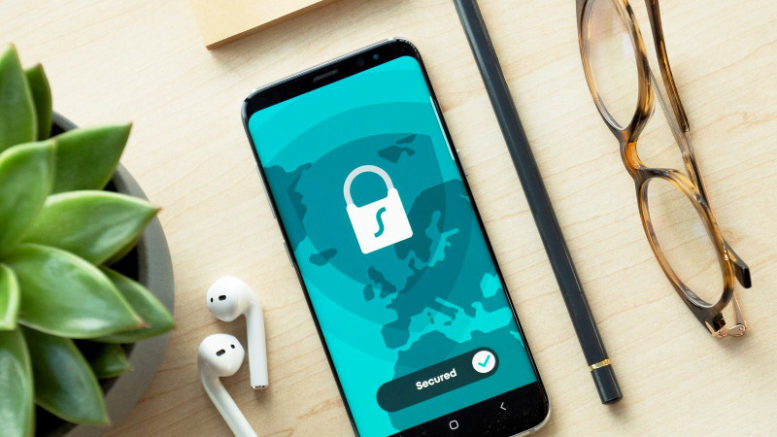A hacked computer locks you out of your files, deletes all the data on the hard drive, and changes the home page to a different unpopular website. A ransomware virus takes over your photos and videos. The hacker then demands payment in bitcoin, or they will release all of your private information to people on social media to embarrass you. There are several security measures that you can take to protect your computer from hackers and viruses. Discussed below is a complete guide on how to avoid viruses and hackers.
1. Keep Your Software Up-to-Date
Start by updating the operating system to the latest version. This will help ensure that your operating system has the latest security patches. Keep your software up to date by running an application update and installing any available updates. Make sure that you have adequate protection on all of your web browsers. Keeping your software up-to-date will help prevent hackers from infiltrating your computer.
2. Install Antivirus and Antimalware Software
Antivirus and antimalware software are security suites that protect you from all malicious software. They help to prevent viruses, malware, spyware, and adware from infecting your computer. If malware infects your computer, these programs will scan your computer’s memory for various threats. When an infection is found, these software suites also remove it from your computer. If you use an antivirus program alone, hackers can still find ways to hack into your data.
3. Use Strong Passwords
Passwords have changed to be much more secure than they were previously. A password must be at least 10 characters long, contain at least one capital letter and one lowercase letter, and have at least one number or special character. Strong password requirements are one of the most important ways to protect your online accounts. This will help prevent hackers from breaking into your computer by guessing your password on the internet or trying millions of passwords until they find one that works. Avoid using your date of birth, phone number, or anything else that can be easily guessed as your password. Be sure to change this password periodically.
4. Use Two-Factor Identification
A large part of cyber security is ensuring you are the only person accessing a certain account or device. Two-factor identification works by asking for something other than a password to gain access to an account or device. This is often done through a text message. The user needs a password and a code obtained through a text message to access an account or device. The user must enter the password and the code to access the account or device.
You can also use an authenticator app. This app will send the user a verification code to their cell phone. You can use this app for several services where 2FA is required.
5. Set Up a Security Operations Centre for Your Business
The security team will closely monitor hacker activities to protect your business. They will also have the knowledge and know-how to detect and prevent any possible threat. They will use monitoring tools and analytics to identify any threats and block them before they affect your business. SOC as a service is an effective way to protect your business from any potential threats.
6. Enable Firewalls
The firewall protects your computer from outside threats. It is a program that monitors all traffic transits through the internet to prevent malicious attacks. It also protects your computer and network by preventing unauthorized access. If you use a wired or wireless internet connection, enable the firewall, which will help keep your computer safe from hackers. Most firewalls can be adjusted and set up to be suitable for numerous scenarios.
7. Encrypt and Backup Your Data
If your data is encrypted, it will be much harder for hackers to break into your computer. As a precautionary measure, you should always back up your data. This allows you to restore the data if it is accidentally deleted or if your computer is stolen. Encrypting and backing up your data are some of the most important ways to protect yourself from hackers and viruses.
Conclusion
Avoiding hackers and viruses is not easy. Hackers are always finding new ways to break into computers and steal information. However, if you follow the steps presented above, you should be able to avoid most hacking attempts. Remember that proper cyber security takes time and effort, so stay up-to-date with the latest technology.
